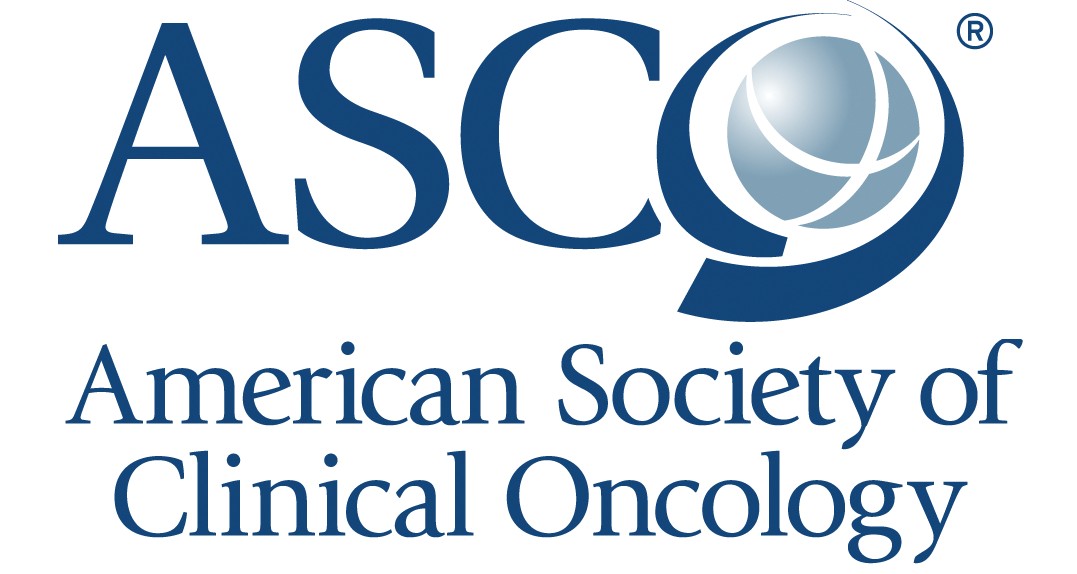Share this Page:
Recent evidence suggests that the bacteria in the gut (the gut microbiome) interacts with immune checkpoint inhibitors in metastatic renal cell carcinoma (RCC). In this study the bacterium Clostridium butyricum was investigated to see if it could modulate the gut microbiome in patients with metastatic RCC being treated with the nivolumab/ipilimumab combination and improve clinical outcomes. This bacterium is the key constituent of a medication called CBM-588.
Thirty patients with clear cell and/or sarcomatoid metastatic RCC were randomised 2:1 to be treated with nivolumab/ipilimumab plus CBM-588 or nivolumab/ipilimumab. Patient had intermediate or poor risk disease and were previously untreated with medication. Stool samples were collected to analyse the bacterial content at baseline and 12 weeks. The researchers looked at the effect of the CBM-588 treatment on the Bifidobacterium species of bacteria in the gut as the primary end point of the study, in addition to patient survival and response to treatment.
There was an 8-fold increase in Bifidobacterium bifidum and a 6-fold increase in Bifidobacterium adolescentis from baseline to week 12 in the patients who were treated with nivolumab/ipilimumab plus CBM-588. Clostridium butyricum was detected only in patients receiving CBM-588. There were more microorganisms that cause disease (pathogens) detected in the stools of patients not receiving CBM-588. Response to treatment was significantly higher in patients receiving nivolumab/ipilimumab plus CBM-588 compared to nivolumab/ipilimumab alone (59% versus 11%). Time to when treatment stopped working and the cancer started growing again was also improved with the addition of CBM-588. There were no serious or life-threatening side effects in both treatment groups.
This is the first randomised, prospective study to that shows enhancement of immune checkpoint inhibitor response with a live bacterial product. This was a very small study so future trials are needed.














